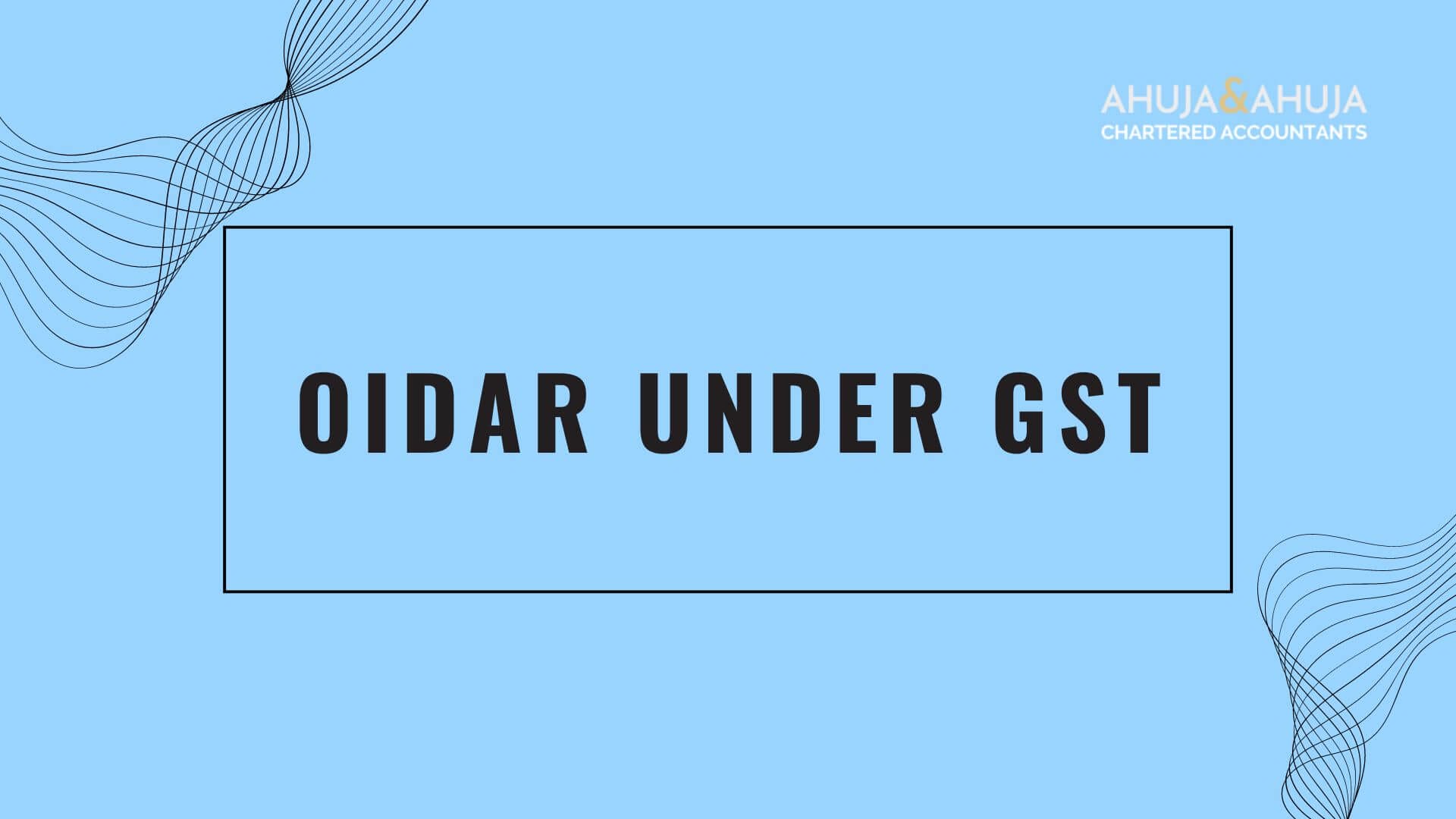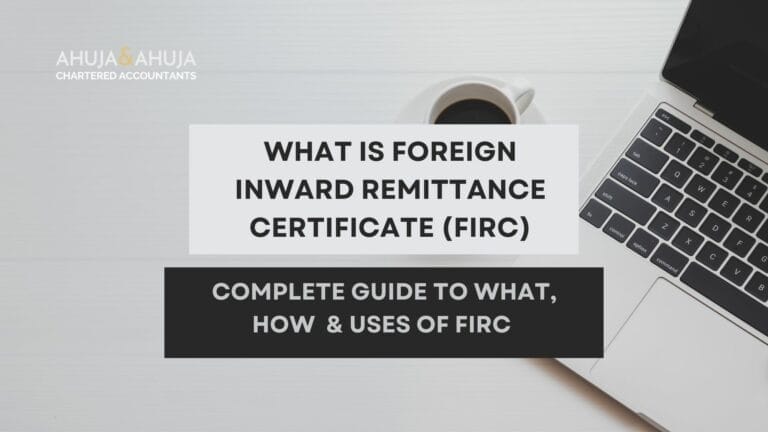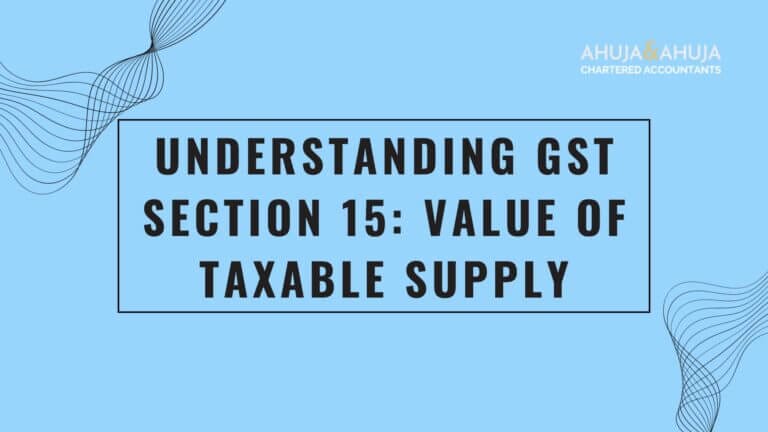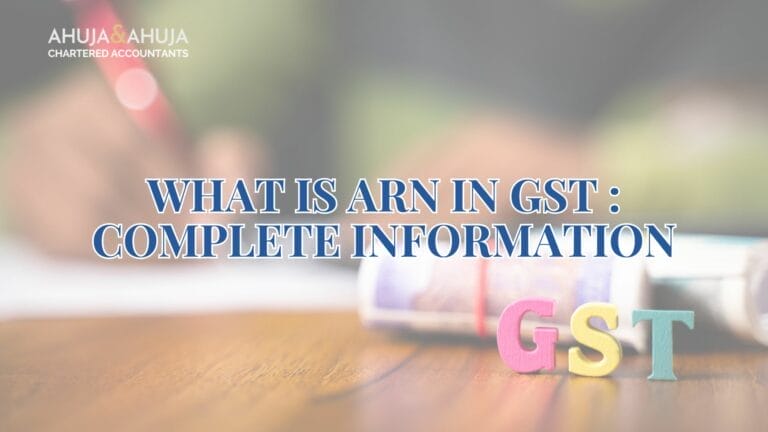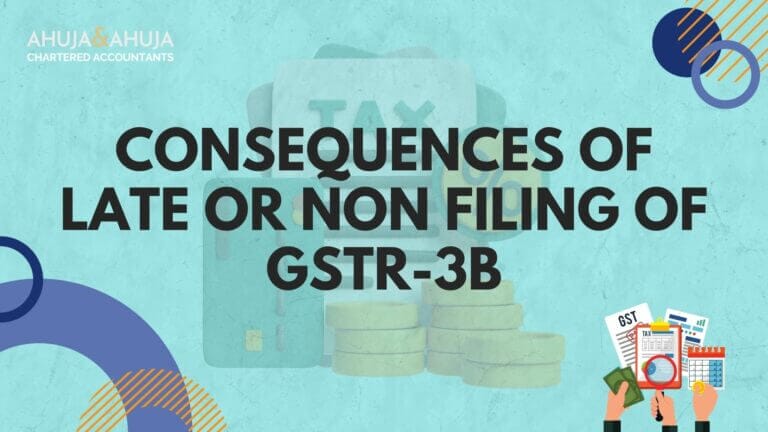OIDAR under GST: Detailed Explanatory Guide
Introduction to OIDAR Services under GST
Online Information Database Access and Retrieval (OIDAR) services represent a modern category of digital transactions significantly impacted by GST regulations.
Understanding OIDAR is essential for both providers and consumers, particularly when the service provider is outside India, and the recipient is within Indian territory.
OIDAR services include any form of digitally delivered service, including downloadable digital content (books, music, software), the provision of cloud services, online gaming, and data storage.
As these services can be fully automated and involve minimal human intervention, they fall under specific provisions within the GST framework.
An important aspect to understand about OIDAR services under GST is that it levels the playing field between foreign service providers and domestic businesses by imposing a tax obligation.
This policy helps protect and promote local industries by ensuring that foreign digital goods and services do not enjoy an unfair tax advantage.
Background and Relevance
Prior to the introduction of GST, services delivered electronically from abroad were not taxed, allowing overseas providers to offer lower prices compared to Indian providers who had to charge service tax. This changed with GST, which widened the tax base to include imported electronic services.
OIDAR services are defined extensively in Section 2(17) of the IGST Act 2017, which encompasses a broad array of services, ranging from the provision of digital content to advertising on the internet.
The notable characteristic of OIDAR services is their delivery mechanism, which must be mediated by information technology over the internet or an electronic network, highlighting the digital and global nature of this service category.
If you’re an overseas service provider or a business benefiting from such services in India, understanding the GST registration requirements is crucial.
Registration ensures compliance with the IGST Act, thereby avoiding any legal complications and facilitating smooth business operations.
This introduction to OIDAR under GST sets the stage for a deeper exploration into how these services are taxed, the specific scenarios under which GST is levied, and the compliance requirements including GST return filing, which are crucial for maintaining transparency and adhering to regulatory mandates.
In our upcoming sections, we will navigate the more detailed aspects of GST implications on OIDAR services, shedding light on recent changes and how they affect both consumers and businesses.
In the next part of our article series, we will delve into the tax implications and the specific scenarios under which GST on OIDAR services becomes applicable, helping you to discern the responsibilities of both service providers and recipients in various transaction contexts.
Tax Implications and Applicability of OIDAR Services under GST
General Tax Rate for OIDAR Services
For OIDAR services, the general GST rate applied is 18%. This rate is consistent across various types of digital services provided via OIDAR, such as online gaming, software downloads, or cloud services.
The objective is to maintain simplicity in taxation across all digital services that fall under the OIDAR category.
Tax Scenarios Explained
Service Provider and Recipient Both in India
- When both the service provider and the recipient are located within India, the standard GST rules apply. The provider is required to charge GST and remit it to the government under a forward charge mechanism.
Service Provider Outside India and Recipient in India
- GST Registered Recipient: If the recipient of the OIDAR services is registered under GST, the tax must be paid by the recipient on a reverse charge basis. This means the Indian recipient must declare and pay GST directly to the government.
- Unregistered Recipient: If the recipient is not registered under GST, the overseas service provider is responsible for registering under GST in India and charging and remitting GST. It ensures that all digital service imports are taxed, preserving fairness for domestic providers.
Both Provider and Recipient Outside India
- No GST applies if both the service provider and the recipient are located outside India. GST is territorial, and its applicability is confined to India.
Detailed View of the Place of Supply
Understanding the place of supply is crucial for proper GST application, especially in digital transactions that cross international borders.
For OIDAR services, the place of supply is where the recipient is located, as stipulated in Section 13(12) of the IGST Act. Criteria that determine the recipient’s location include:
- IP address of the recipient
- Location of the bank account
- Billing address
- Location of the recipient provided via internet registration
| Criteria for Determination | Description |
|---|---|
| IP Address | Where the device receiving the service is located |
| Billing Address | Address provided by the recipient for billing |
| Bank Account Location | Where the recipient’s bank is located |
| Information Submitted on the Internet | Any address details provided by the recipient |
These checks ensure that GST is accurately applied based on the recipient’s actual location within India, even if the service provider is abroad.
Impact of Scenario on Compliance and Costs
- B2B Transactions: Businesses receiving OIDAR services can claim input tax credits, mitigating the cost impact of GST. Compliance involves accurate declaration and documentation.
- B2C Transactions: Individual consumers bear the GST cost, which can make imported digital services more expensive. This is a deliberate policy to support local service providers.
For detailed information on how to handle compliance and GST audits, businesses should consider professional guidance.
Recent Changes in OIDAR under GST and Compliance Requirements
Overview of Recent Regulatory Changes
The GST framework governing OIDAR services has seen significant updates aimed at enhancing compliance and broadening the tax base.
A crucial amendment in the Finance Act 2023 has redefined OIDAR services by removing the terms “minimal human intervention” and “essentially automated.”
This change implies that more services could now fall under the OIDAR umbrella if they are delivered over the internet or electronic networks, even if they involve some level of human interaction.
GST Registration Procedure for OIDAR Services
For OIDAR service providers, especially those based outside India but catering to Indian recipients, the GST registration process is outlined succinctly:
- Registration Under Simplified Scheme: Non-resident providers of OIDAR services must register under the Simplified Registration Scheme using Form GST REG-10, accessible via the GST registration services.
- Appointment of an Indian Representative: If the overseas provider has a representative in India, that representative must register and remit GST on behalf of the provider.
- Designation of a Responsible Person: In the absence of a physical presence or representative in India, the overseas provider must appoint a person in India responsible for GST payment.
Compliance and Return Filing
Registered OIDAR service providers must adhere to strict compliance and return filing requirements:
- Monthly GSTR-5A Filing: Providers must file a return by the 20th of the month following the month in which services were supplied. This return includes details of all taxable services provided and taxes collected.
- Nil Returns: Similar to other forms of GST compliance, if no outward supplies were made in a month, a nil return should be filed.
The recent introduction of Table 5B in GSTR 5A, effected by Notification 51/2023 on 29.09.2023, focuses on supplies made to registered recipients (B2B). It requires detailed reporting in these cases, which helps in better compliance and monitoring by tax authorities.
Enforcement and Penalties
With updates in regulations, there has been a tightening of penalties and enforcement measures for non-compliance.
Marketplaces that facilitate OIDAR services without ensuring vendors are registered under GST can face significant penalties.
This compliance shift requires marketplaces to assess and ensure all participating vendors meet GST registration requirements, particularly those providing services.
For a deeper insight into compliance, entities can refer to GST return filing services for structured support in managing their GST declarations and returns effectively.
Penalties, Compliance Enforcement, and FAQs on OIDAR Services under GST
Penalties and Compliance Enforcement
Non-compliance with GST regulations for OIDAR services can lead to stringent penalties. This is especially pertinent given the recent regulatory changes that expand the scope of what constitutes OIDAR services.
Enforcement mechanisms are in place to ensure foreign entities engage with the Indian tax system properly when they have an Indian clientele.
- For Non-Registered Vendors: Penalties could include fines and back taxes with interest, especially if it is determined that a service provider should have been registered under GST but failed to do so.
- For Marketplaces: As per the latest amendments, marketplaces facilitating OIDAR services are also under scrutiny. They are required to ensure that all vendors, whether selling goods or services through the platform, are registered for GST if they meet the regulatory thresholds. Failure to enforce this could result in penalties for the marketplace itself.
Enhanced Compliance Tips
To stay compliant, OIDAR service providers should consider the following strategies:
- Regular updates and audits: Regularly updating compliance processes and conducting audits can help avoid non-compliance. GST audit services can be utilized for these purposes.
- Accurate record-keeping: Maintain thorough and accurate records of all transactions, taxes collected, and taxes paid.
- Timely filing: Ensure that GST returns are filed on time to avoid penalties and interest.
Frequently Asked Questions (FAQs)
What qualifies as OIDAR services under GST?
OIDAR services are digital services provided over the internet with minimal or no human intervention, such as cloud services, downloadable software, or online gaming.
How does GST apply if both the service provider and recipient are outside India?
GST does not apply to OIDAR services if both the service provider and the recipient are located outside India.
What is the GST rate for OIDAR services?
The GST rate for OIDAR services is generally 18%, aligning with the standard rate for services under GST.
What should a foreign OIDAR service provider do to comply with Indian GST laws?
Foreign providers should register under the Simplified Registration Scheme using Form GST REG-10, appoint a representative in India if possible, and ensure timely filing of GST returns.
Where can I find more information about GST registration?
For more detailed information on the registration process, visit What is ARN in GST?, which provides insights into the Application Reference Number (ARN) and its relevance during the registration process.
Conclusion
OIDAR services have transformed how digital services are consumed and have prompted significant changes in tax frameworks globally.
In India, GST on OIDAR services ensures a level playing field for domestic and foreign service providers, promoting fair competition.
As the landscape of digital services evolves, so do the regulations governing them. Staying informed and compliant is crucial for all stakeholders involved.
This comprehensive guide aims to clarify the nuances of OIDAR services under GST and assist service providers in navigating the complexities of compliance.
Disclaimer
The materials provided herein are solely for educational and informational purposes. No attorney/professional-client relationship is created when you access or use the site or the materials. The information presented on this site does not constitute legal or professional advice and should not be relied upon for such purposes or used as a substitute for professional or legal advice.

